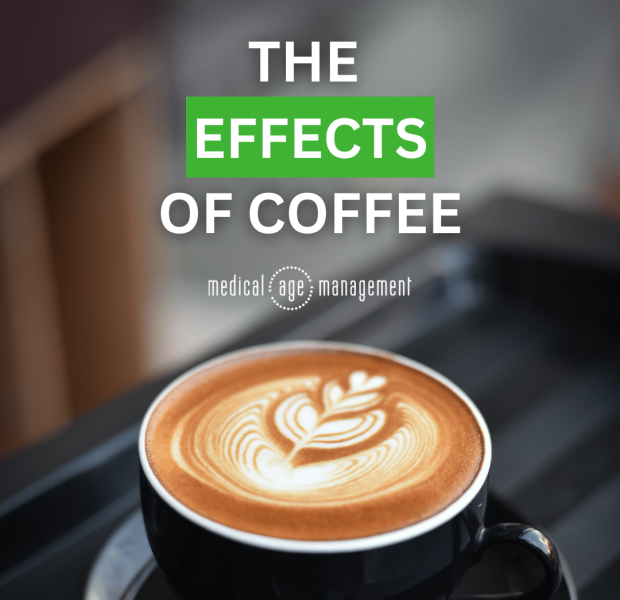Coffee, a popular source of morning energy, relies on caffeine to stimulate the brain by blocking adenosine receptors (sleep signal), making you feel less tired. However, the borrowed alertness fades as caffeine breaks down, leading to a rebound of accumulated adenosine, emphasizing the need for eventual sleep. Timing and individual metabolic rates influence how effective caffeine is in combating drowsiness. Other caffeinated beverages follow a similar pattern, with additional compounds in each drink influencing their effects. Read more to learn about caffeine’s effects on the body.
Click here to read more.


